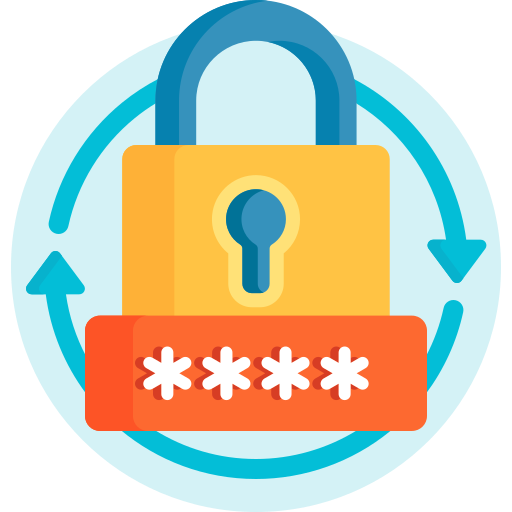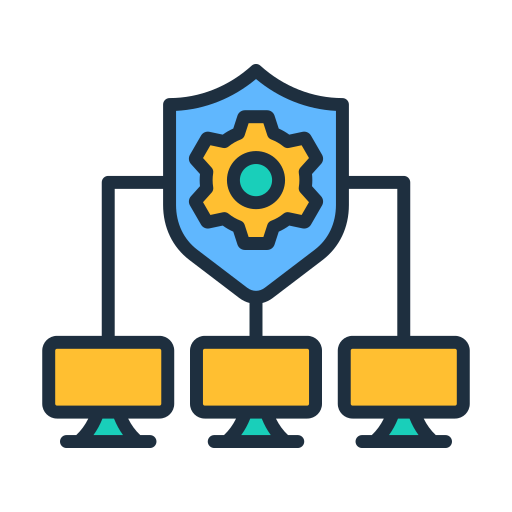Good Cybersecurity Habits
 1. Master Your Passwords
1. Master Your Passwords
A strong password is your first line of defense. The old advice of just adding a number or symbol is no longer enough. The best approach is to use a unique, complex password for every single account.
- Use a password manager. This is the single most effective way to manage your passwords. A password manager can create long, complex, and unique passwords for all your accounts, so you only have to remember one master password.
- Enable Multi-Factor Authentication (MFA). MFA requires a second form of verification - like a code sent to your phone or a fingerprint - in addition to your password. Even if a cybercriminal steals your password, they can't access your account without that second factor.
 2. Be Cautious Online
2. Be Cautious Online
Many cyber-attacks rely on tricking you into taking an unsafe action. By staying alert, you can stop these attacks before they begin.
- Verify before you click. Always be suspicious of unexpected links and attachments, especially in emails or texts. Hover your mouse over a link to see the real destination before you click. If it looks suspicious or doesn't match the site you expect, don't click on it.
- Beware of urgency. Phishing emails often create a false sense of urgency ("Your account will be closed in 24 hours!") to make you act without thinking. Take a moment to pause and consider if the message is legitimate.
- Use a VPN on public Wi-Fi. Public Wi-Fi networks are often unsecured and are a prime target for attackers looking to intercept your data. A Virtual Private Network (VPN) encrypts your internet traffic, making it unreadable to anyone else on the network.
 3. Secure Your Devices
3. Secure Your Devices
Your devices are a gateway to your personal information. Keeping them secure is a critical habit that protects you from malware and data theft.
- Keep software updated. Software companies regularly release updates that contain critical security patches to fix vulnerabilities. Enable automatic updates on your operating system, web browser, and other applications to ensure you're always protected from the latest threats.
- Back up your data. Regularly backing up your important files to an external hard drive or cloud storage service is your best defense against data loss from ransomware or hardware failure.
- Use antivirus software. Antivirus software can detect and remove malware from your devices, preventing it from stealing your data or damaging your system.
 Welcome to CyberSafe
Welcome to CyberSafe